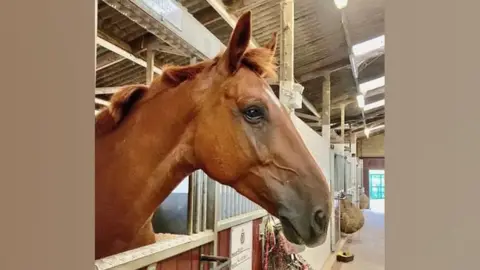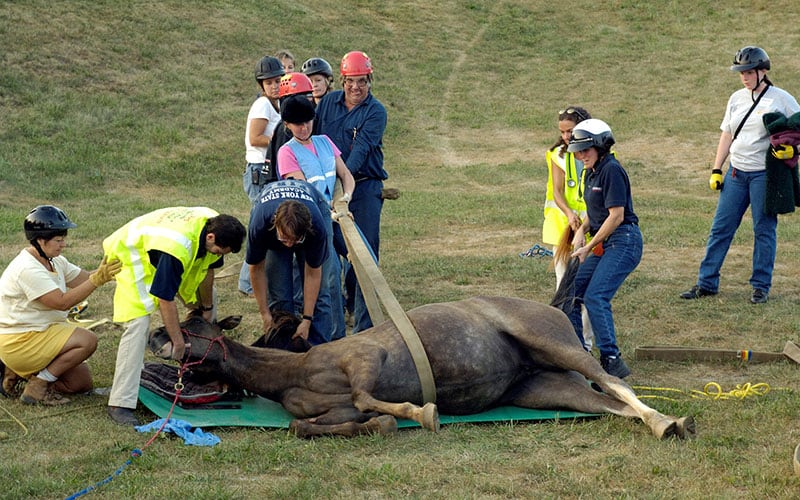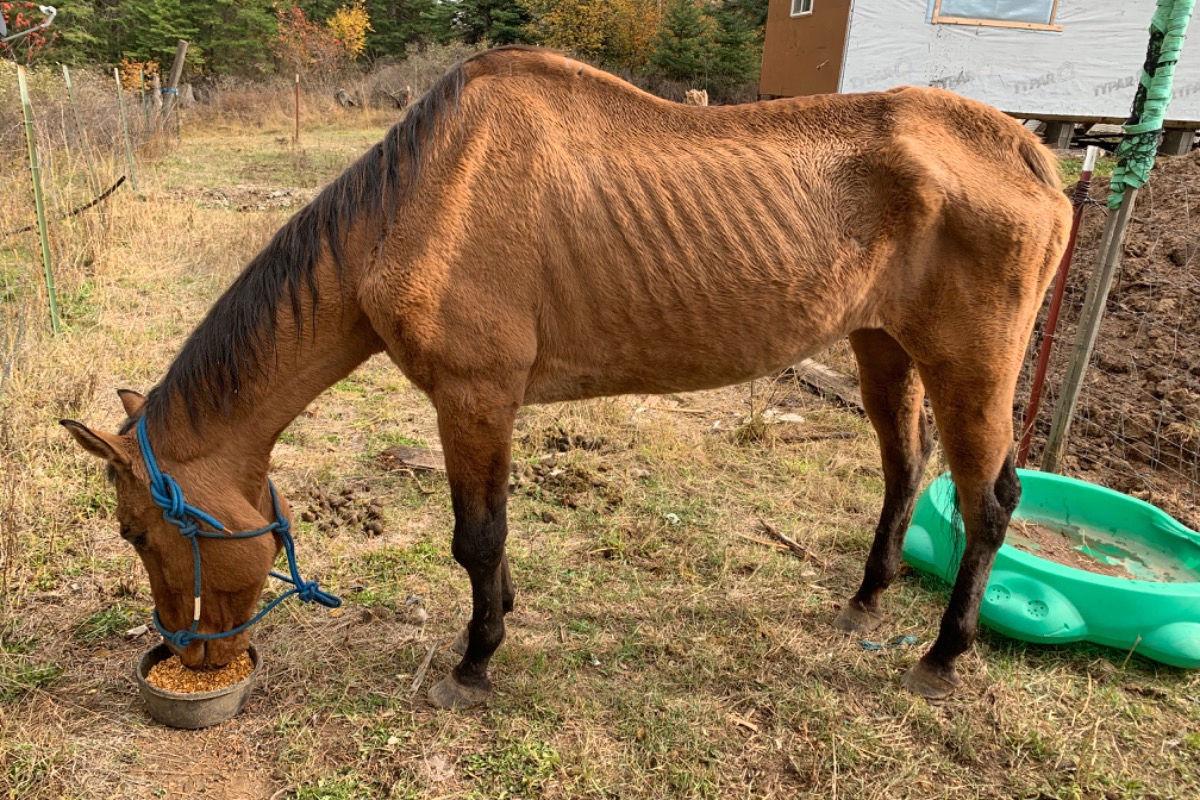As a horse owner, one of the hardest decisions you may face is the decision to euthanize your beloved horse. Whether due to age, illness, or injury, euthanasia is often considered the kindest and most humane option to end a horse’s suffering. However, it is a choice that comes with emotional and practical considerations. This article will guide you through the process of putting a horse down and offer advice on how to approach this difficult decision.
Read more:
- Can Horses Eat Grapes? – All Important Things You Should Know
- Flaxen Liver Chestnut Horse The Beauty of a Rare Color
- Horse Riding in London A Guide to Exploring the City on Hooves
- Exploring the Magnificent Westbury White Horse
- The Golden Horse Name A Reflection of Honor and Prestige
- How to Put a Horse Down Understanding the Euthanasia Process
Contents
What is Euthanasia?

Euthanasia, often referred to as mercy killing, is the act of intentionally ending a life to alleviate pain and suffering. In horses, euthanasia is usually performed via lethal injection, although other methods such as gunshot or an overdose of medications can also be used. https://hearttohorses.com
When is Euthanasia Appropriate for Horses?
The decision to euthanize a horse should not be made lightly. It is important to consider the horse’s quality of life, the prognosis for recovery, and the severity of the situation. Common reasons for euthanasia in horses include:
- Irreversible or untreatable health conditions
- Severe injury or lameness
- Chronic pain or illness that cannot be managed
- Old age and declining health
Consulting with a veterinarian is essential in making the right decision, as they can help assess the situation and guide you through the process with compassion and care.
The Euthanasia Process
While putting a horse down is a delicate and emotional experience, the goal is to ensure that the horse’s passing is as peaceful and painless as possible. Here are the typical steps in the euthanasia process:
- Consult with a Veterinarian: A veterinarian will evaluate your horse’s condition and discuss the best course of action based on their expertise and your horse’s needs.
- Choose a Method: Several methods of euthanasia are available, including lethal injection, gunshot, or an overdose of medications. Your veterinarian will recommend the most appropriate method for your horse.
- Prepare the Horse: Prior to the procedure, the horse may need sedation or restraint to ensure safety and reduce any distress.
- Administer the Euthanasia Solution: The veterinarian will administer the euthanasia solution, which will quickly and painlessly stop the horse’s heart and breathing.
- Aftercare: Once the horse has passed, you can choose to have their body removed by a rendering service or bury it on your property. Your veterinarian will provide guidance on options for aftercare.
The Emotional Impact of Euthanasia

Making the decision to euthanize your horse can have a significant emotional impact on you as the owner. It is important to process these emotions in a healthy and supportive environment. Here are some tips for coping with the emotional toll of euthanasia:
- Seek Support: Turn to family, friends, and fellow horse owners who can relate to your feelings. Grief counseling or online support groups can also be helpful.
- Reflect on the Good Times: Although grief is natural, focusing on the positive memories and experiences shared with your horse can provide comfort during this difficult time.
- Take Care of Yourself: Remember to look after your own physical and mental well-being. Ensure you eat well, rest, and engage in activities that bring you joy.
FAQs About Putting a Horse Down

- What is the cost of euthanasia for horses? The cost of euthanasia can vary, but on average it ranges between $200 to $500, depending on factors such as location and additional services like body removal.
- Can I be present during euthanasia? Many veterinarians allow owners to be present during the process. However, it’s important to consider whether you’re emotionally prepared to handle it.
- How long does the euthanasia process take? The actual euthanasia procedure typically takes only a few minutes. However, preparation and aftercare may take longer.
- Is euthanasia painful for horses? No, euthanasia is designed to be quick and painless. A sedative is often given before the euthanasia solution to ensure the horse is relaxed and comfortable.
- What do I do with my horse’s remains? You can choose to have your horse’s remains buried on your property or have them removed by a professional service. Your veterinarian can provide resources and guidance on aftercare.
Conclusion

Deciding to euthanize a horse is one of the most difficult decisions a horse owner can make, but it is often the most compassionate choice when a horse is suffering. By understanding the euthanasia process and seeking support during this challenging time, you can ensure your beloved equine companion passes peacefully and with dignity. Remember to take care of yourself and cherish the memories you shared with your horse.
